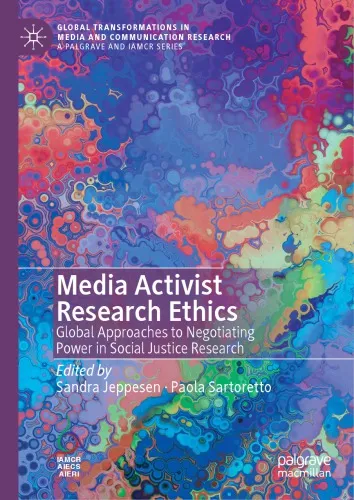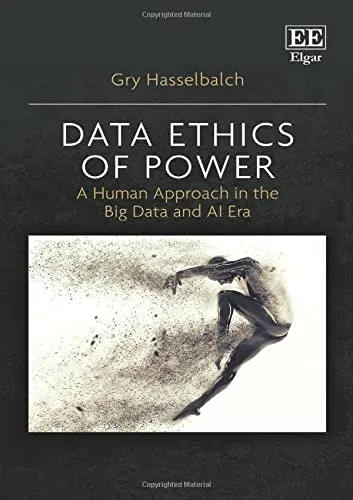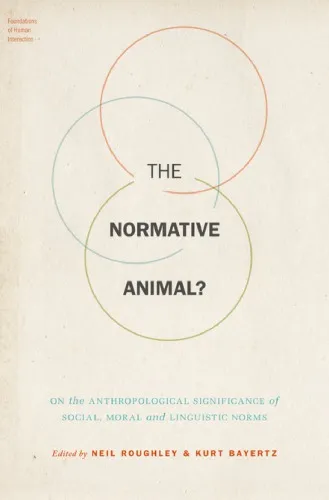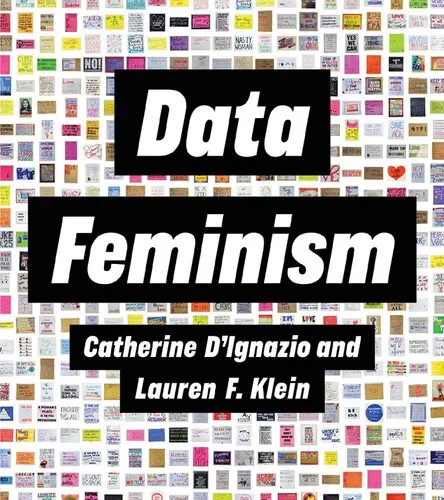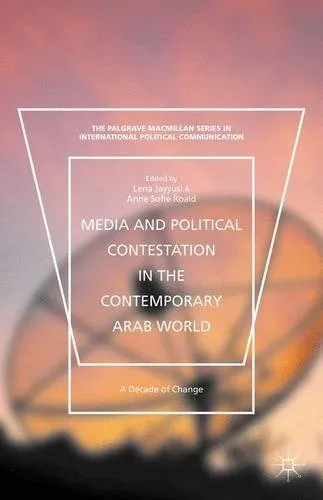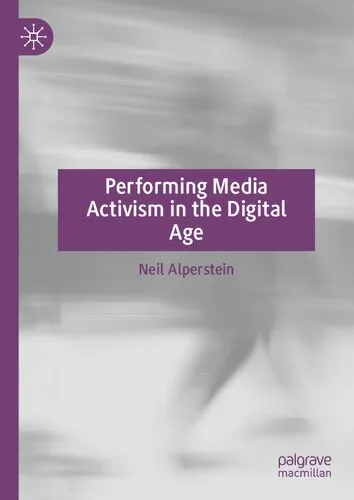Media Activist Research Ethics: Global Approaches To Negotiating Power In Social Justice Research
4.5
Reviews from our users

You Can Ask your questions from this book's AI after Login
Each download or ask from book AI costs 2 points. To earn more free points, please visit the Points Guide Page and complete some valuable actions.Related Refrences:
Introduction to "Media Activist Research Ethics: Global Approaches To Negotiating Power In Social Justice Research"
"Media Activist Research Ethics: Global Approaches To Negotiating Power In Social Justice Research" is a timely and essential exploration of the ethical complexities inherent in media activism and social justice research. Co-authored by Sandra Jeppesen and Paola Sartoretto, this book provides a nuanced, global perspective on how media activists and researchers navigate questions of power, ethics, representation, and collaboration. By focusing on diverse case studies, the book offers an interdisciplinary approach that bridges theory and practice while foregrounding the voices and experiences of communities often underrepresented in academic discourse.
The book critically examines the power dynamics that exist in research partnerships between activist communities, media practitioners, and academics. It reflects deeply on the challenges and opportunities of conducting ethical, impactful, and transformative research that aligns with the principles of social justice. With methodological insights and practical frameworks, the authors guide readers through the process of ethical decision-making in activist research. From addressing issues of informed consent and data ownership to tackling questions of intersectionality and researcher positionality, this work serves as both a theoretical guide and a hands-on resource for anyone engaged in media activism or critical research practices.
Detailed Summary of the Book
The book is divided into several sections, each delving into a specific aspect of media activist research ethics. The authors begin by unpacking the foundational concepts, including key principles of ethical research, critical pedagogy, and social justice frameworks. They outline the challenges faced by researchers who aim to support activism while navigating academic institutions, funding pressures, and geopolitical power imbalances.
Moving beyond traditional ethical guidelines, the book draws on real-world case studies from across the globe. These examples highlight the ethical dilemmas faced by media activists and researchers when working with marginalized and oppressed communities. Topics such as collective accountability, cultural sensitivity, and co-creation of knowledge are discussed in detail, offering invaluable lessons for individuals and institutions alike.
The later chapters look at emerging technologies and their ethical implications for research in activism. The authors explore critical topics like data privacy, algorithmic biases, and surveillance, emphasizing the need for media activists to stay vigilant in the face of rapidly-changing technological landscapes. By combining these contemporary concerns with tried-and-tested research frameworks, the book remains forward-looking while staying grounded in the core values of justice and equity.
Key Takeaways
- Ethical research must prioritize collaboration and reciprocity, centering the agency of marginalized communities.
- Power dynamics in research relationships must be critically assessed and addressed to avoid perpetuating harm or exploitation.
- Activist research is inherently political, requiring researchers to be accountable for their positionality and biases.
- The integration of theoretical knowledge and practical experience is crucial for ethical engagement in media activism and research.
- Emerging technologies demand new ethical considerations to combat surveillance, misuse of data, and exclusionary practices.
Famous Quotes from the Book
"Ethics is not a static set of rules but a dynamic, context-sensitive process shaped by relationships, accountability, and a commitment to justice."
"Activist research demands more than mere observation; it requires a willingness to engage, advocate, and act in solidarity with marginalized voices."
Why This Book Matters
In an era defined by escalating social injustices and unprecedented technological change, the ethical stakes of media activism and research have never been higher. This book addresses a critical gap in existing literature by weaving together perspectives from across continents and disciplines to build a truly global and intersectional framework for activist research ethics.
By demystifying the complex relationship between power, ethics, and media activism, the authors provide invaluable insights for academics, journalists, activists, and policymakers committed to fostering more equitable and just societies. The book challenges readers to move beyond token gestures and superficial engagements, urging them to embrace a deeper, transformative responsibility in their work.
"Media Activist Research Ethics: Global Approaches To Negotiating Power In Social Justice Research" is not just a guide—it is a call to action for everyone invested in the pursuit of justice and ethical research practices. Its impact will resonate across disciplines, inspiring critical reflection and meaningful change.
Free Direct Download
You Can Download this book after Login
Accessing books through legal platforms and public libraries not only supports the rights of authors and publishers but also contributes to the sustainability of reading culture. Before downloading, please take a moment to consider these options.
Find this book on other platforms:
WorldCat helps you find books in libraries worldwide.
See ratings, reviews, and discussions on Goodreads.
Find and buy rare or used books on AbeBooks.
1239
بازدید4.5
امتیاز0
نظر98%
رضایتReviews:
4.5
Based on 0 users review
Questions & Answers
Ask questions about this book or help others by answering
No questions yet. Be the first to ask!
